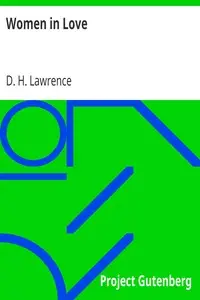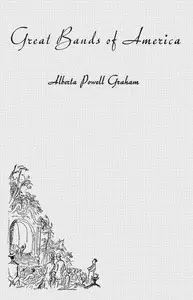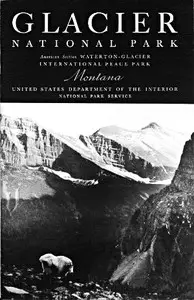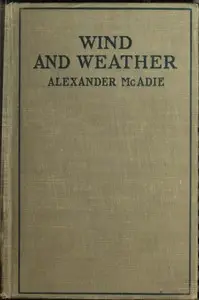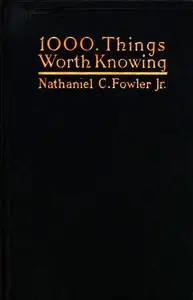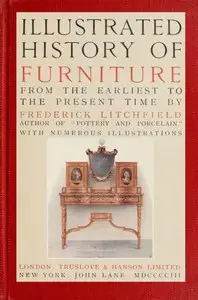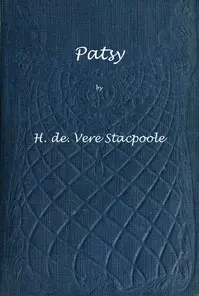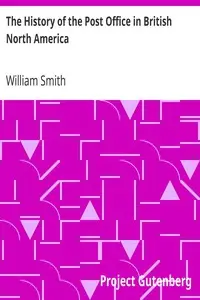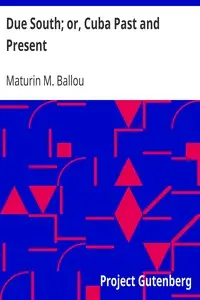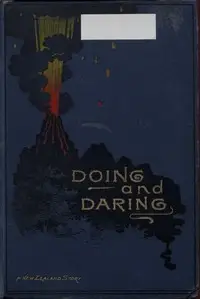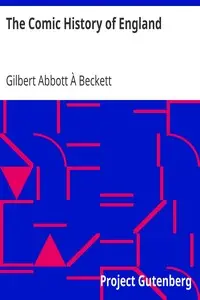"Riches and Poverty" by L. G. Chiozza Money is a socio-economic analysis written in the early 20th century. The work examines the distribution of wealth and income in Britain, highlighting the growing disparity between the rich and the poor during a time of social unrest. The author delves into the statistics of British incomes around 1908-1909, arguing that despite the overall wealth of the nation, significant portions of the population are living in poverty. The opening of the book sets the stage for a thorough exploration of economic inequality in Britain. It begins with a note on the methodology and statistics used, presenting stark figures that indicate a concentrated wealth distribution, where a small number of individuals hold a large share of the national income. This is contrasted with the plight of the vast majority, many of whom struggle to meet basic needs. The author emphasizes the disconnect between the apparent prosperity of the nation and the real living conditions of its poorest citizens, laying the groundwork for a critique of current economic policies and inviting a reevaluation of how wealth is distributed and understood in society. (This is an automatically generated summary.)
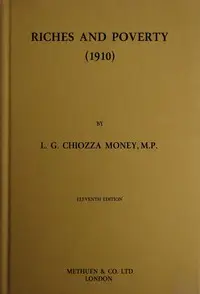
Riches and Poverty (1910)
By L. G. Chiozza (Leo George Chiozza) Money
"Riches and Poverty" by L. G. Chiozza Money is a socio-economic analysis written in the early 20th century. The work examines the distribution of weal...
Sir Leo George Chiozza Money, born Leone Giorgio Chiozza, was an Italian-born economic theorist who moved to Britain in the 1890s, where he made his name as a politician, journalist and author. In the early years of the 20th century his views attracted the interest of two future Prime Ministers, David Lloyd George and Winston Churchill. After a spell as Lloyd George's parliamentary private secretary, he was a Government minister in the latter stages of the First World War. In later life the police's handling of a case in which he and factory worker Irene Savidge were acquitted of indecent behaviour aroused much political and public interest. A few years later he was convicted of an offence involving another woman.


